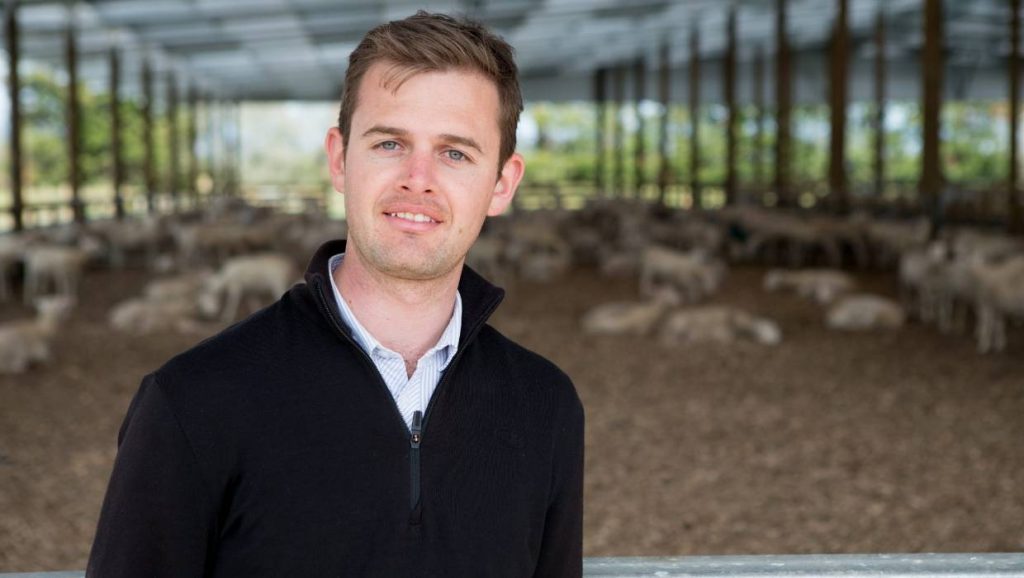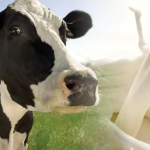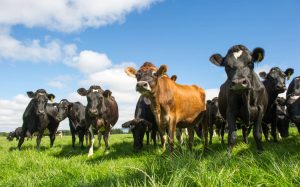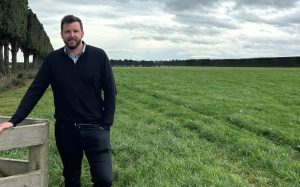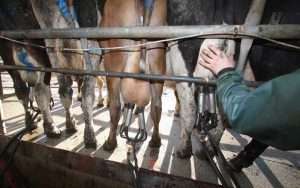
The growth comes as farmers are being put under increasing pressure to meet tough new regulations around water quality and carbon emissions. Both Maui Milk and Spring Sheep Dairy are holding open days over the next several days as they look to further showcase the industry to potential suppliers.
Spring Sheep Milk’s business manager Thomas Macdonald said they had signed up a supplier in Karaka, South Auckland who was milking 600 ewes on an outdoor farm system and had up to three more suppliers set to begin milking sheep next season.
This is on top of its farm at Taupō and two farms near Cambridge.
Frustrations around the direction of the bovine dairy industry as well as environmental regulations were fuelling the interest. It was attracting people who did not want to milk cows, but were happy to milk sheep, he said.
“We’re investing a heck of a lot in looking after our animals and making sure it lines up environmentally and financially.”
Supplying farmers get support around sheep breeding and sharing the expertise on how to run farming systems based on Spring Sheep’s two Waikato farms, he said.
“Our key model is being build around growing that family.”
Maui Milk general manager Peter Gatley said they had recently signed one new supplier and had spoken to dozens of farmers over the past year considering converting to sheep milking.
In the short term, Maui Milk’s main goal was establishing a base supply which meant expanding to have at least five more farmers milking sheep. In August, Maui Milk have also signed a deal with French dairy giant Danone to supply it with sheep milk toddler formula.
“There’s no doubt that since that announcement the level of interest for potential conversions has lifted significantly.”
On the day he spoke to Stuff, he said had meetings scheduled with two Waikato farmers who were considering converting.
“We are in a situation now in Waikato where there must be 3000-4000 established dairy farms [and] there’s a greater willingness to consider these opportunities than there might have been years ago,” he said.
The company is now offering multi-year contracts to new conversions in the greater Waikato with the aim of doubling milk volume next season. Gatley said there is interest from sheep and beef farms around Taupō, Rotorua and the King Country, but mostly from Waikato dairy operations.
“Comparison with a typical Waikato dairy farm shows a better return per hectare, especially on smaller farms in the 50-80 ha range. The system is all grazing, no barns are required, and the lactation is shorter than for cows. A lot of farmers are also attracted because the environmental footprint is similar to traditional sheep and beef farming.
“Conversion from dairy cattle is low-cost and we are offering multi-year contracts at a payout equivalent to $3 per litre. We can supply pregnant ewes during winter so a farm can dry off the cows in autumn and be milking sheep in spring.”
Gatley said while the company had regular inquiry, the limiting factor was the limited number of dairy ewes available.
“What we would like to do is produce twice as much milk next year as this year and that would require around five family-sized farms with around 1000 ewes.”
Maui Milk had planned for this expansion and had bred the necessary stock to set up about five farms, he said.
Gatley said the success of the Dairy Goat Co-operative had also shown what was possible and that there were alternatives to bovine dairy.
“The dairy sheep concept offers farmers the opportunity to farm in a tougher regulatory environment but also the product itself has a further point of difference when compared with the goat product in as much as it involves a free range, grass fed farming system which are much preferred by high end consumers.”
